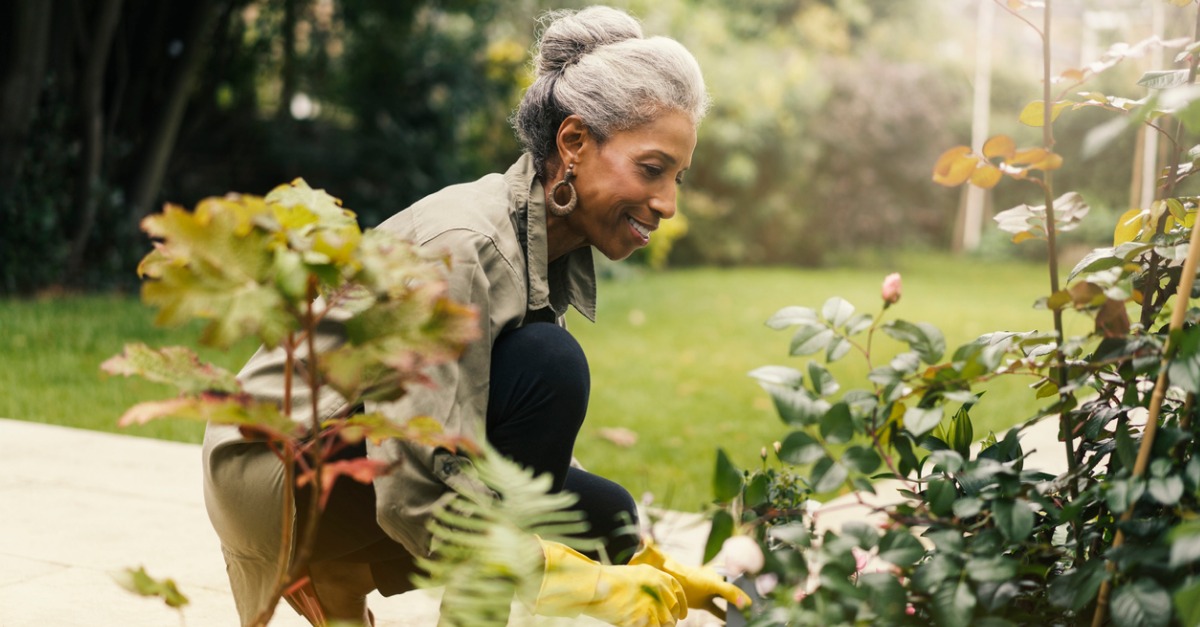
7 Tips for Becoming a Better Gardener
It takes a certain finesse and practice to develop a green thumb. Canadians spend a lot of time outdoors when they have the chance since the cold weather comes too quickly for most areas of the country.
There is nothing more serene than spending time in a yard that you’ve lovingly and carefully tended yourself. If you’d like to turn the outdoor space of your home into a Garden of Eden, you might want to have a look at these seven tips to help you become a more proficient gardener.
Think about the design. Your thoughts should be focused on the texture and form of your garden before deciding on a colour theme. What kind of atmosphere would you like to create in the space in which you’ll be planting? For instance, if you’d like to plant some bulbs under a shrub, but you have little room, trim back the canopy of the shrub, and those flowers will ultimately shine in that area.
Sowing and planting. Newly-sown seeds should be watered with warm water. When you hold seedlings, do so by their leaves since they’re much hardier than the stems. When you’re bedding seedlings in containers, be sure to use a 50 per cent soil-based compost with a 50 per cent loamless compost. Your seedlings will have more staying power in this mixture.
Wet newspaper. Place several sheets of soaked newspaper in the bottom of a planting hole with a little top soil. The paper is like a wicking, allowing the water to drain slowly. This is great for drier planting areas—and will make a big difference in how your plants flourish.
Use compost. Compost spread around your plants wards off disease. Compost releases micronutrients when mixed in with potting soil. Sprinkle it everywhere!
Mulch much? Yes, you must use mulch. Using an organic brand that will rot down into the soil is the most preferable. Wood chips are pretty good because they break down relatively quickly.
Plants don’t need to eat, the soil does. Feed the soil, not the plants. Plants must have healthy roots to be healthy overall, and those roots need healthy soil for air, water and nutrition in forms plants can utilize. So, when the soil is rich in worms, bacteria and fungi, your plants will reward you with lovely blooms.
Take care. Visit your garden often. Tend to it. Just be there to watch it grow. Give your plants and soil the care they need and they’ll do the rest to make your outdoor areas bursting with colour and fragrance.
